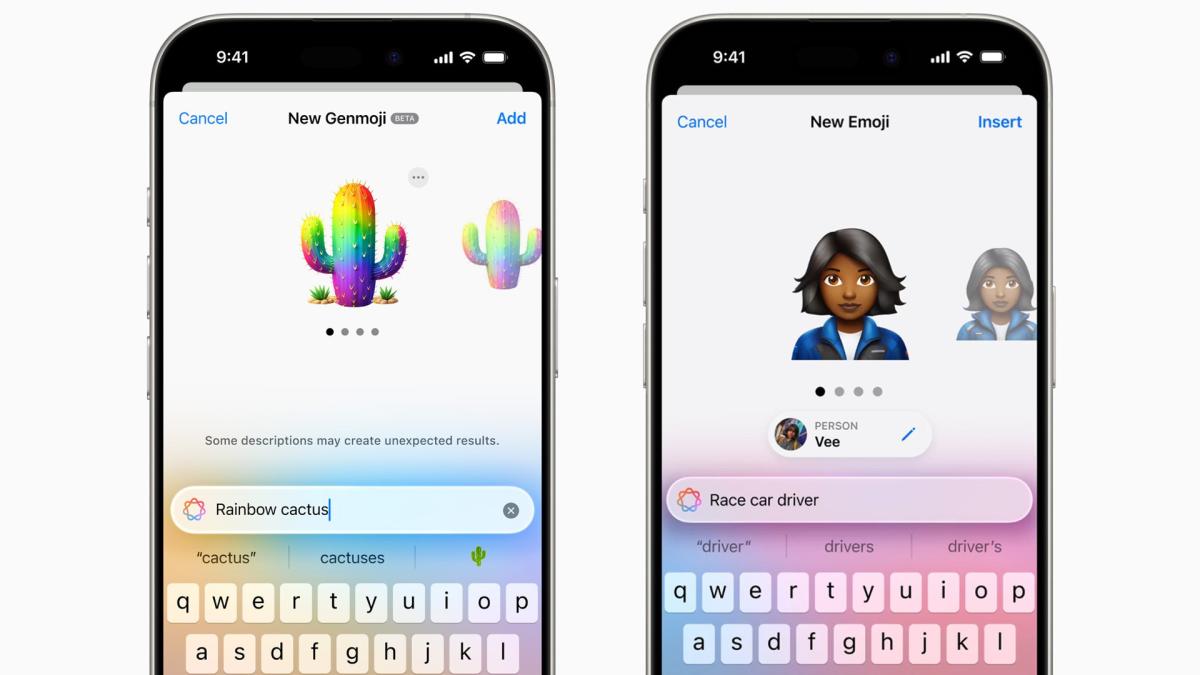
Android 16 will be released in spring 2025.
Modify your annual Android update schedule.
During the last decade, Google has conducted the launch of major Android updates in the fall, following an extensive development process and beta versions. However, for the year 2025, this trend is changing. The company has announced that its next major version of Android, called Android 16 with the codename "Baklava," will be scheduled for the second quarter instead of the third quarter. This decision aims to "improve alignment with the release calendar of devices in our ecosystem, so that more devices can receive the new version of Android sooner."
Among other news, Google is also working on improvements for the Play Store, where users will be able to share their preferences to receive recommendations for new applications, similar to what is already possible with games. Additionally, in the development realm, more Gemini artificial intelligence features are being integrated into Android Studio, making it easier for developers to "write, refactor, and document" application code.
This new timeline addresses an issue that has been a topic of discussion in the Android ecosystem since at least 2016, related to the delays of third-party phones in receiving the latest updates. While Google’s Pixel phones have always been the first to receive these versions, many other brands face significant delays. With the new schedule, it is expected that more manufacturers will be able to launch devices that come equipped with the latest capabilities from day one, instead of having to wait for future updates.
In this new structure, Google has informed developers that there will be a major update in the second quarter and a minor SDK release in the fourth quarter, similar to the current quarterly versions that introduce new features without modifying the underlying systems much. This will involve advancing compatibility testing but will also allow applications to adopt new features immediately, such as continuous notifications similar to iPhone's "Live Activities," benefiting from more devices being able to use them from their launch.



